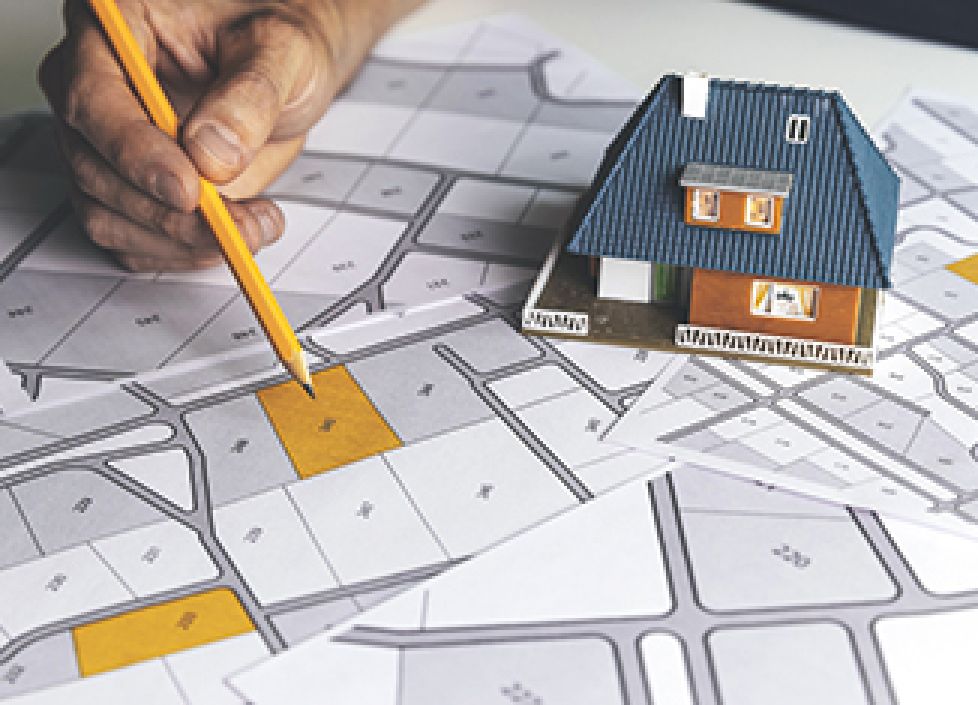We all know that things can, and often do, go wrong with building works. The ways in which building projects can go wrong are many and varied, including for example design errors, poor workmanship, incorrect materials, or serious delay to the completion of the works. As such, every time a contractor is engaged to carry out works, there is a very real risk that the relationship will end up strained or even irretrievably broken.
Of course many building projects do not go wrong, but for those that do, there is a relatively quick and cheap means of dispute resolution available, which many people do not even know exists – Adjudication.
Traditionally, when things went badly wrong on a building project the parties would enter into litigation (formal legal proceedings at Court), which can be a costly and long winded means of resolving a dispute. Adjudication is intended to be a more efficient alternative to lengthy and expensive litigation.
What is Adjudication?
Adjudication is a process in which a neutral third party, the Adjudicator, is appointed by the parties in dispute to reach a decision on that dispute. The Adjudicator is appointed from a panel by one of the designated appointing bodies, including for example the RICS or the RIBA. The Adjudicator might be a lawyer, but he or she could equally be an expert in one or more areas of the construction industry, such as an architect, a quantity surveyor or an experienced construction manager. The party who starts the Adjudication can indicate what expertise they believe the Adjudicator will need to have.




















